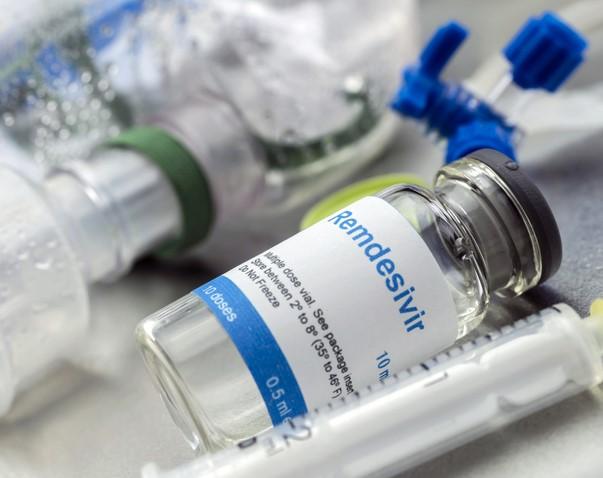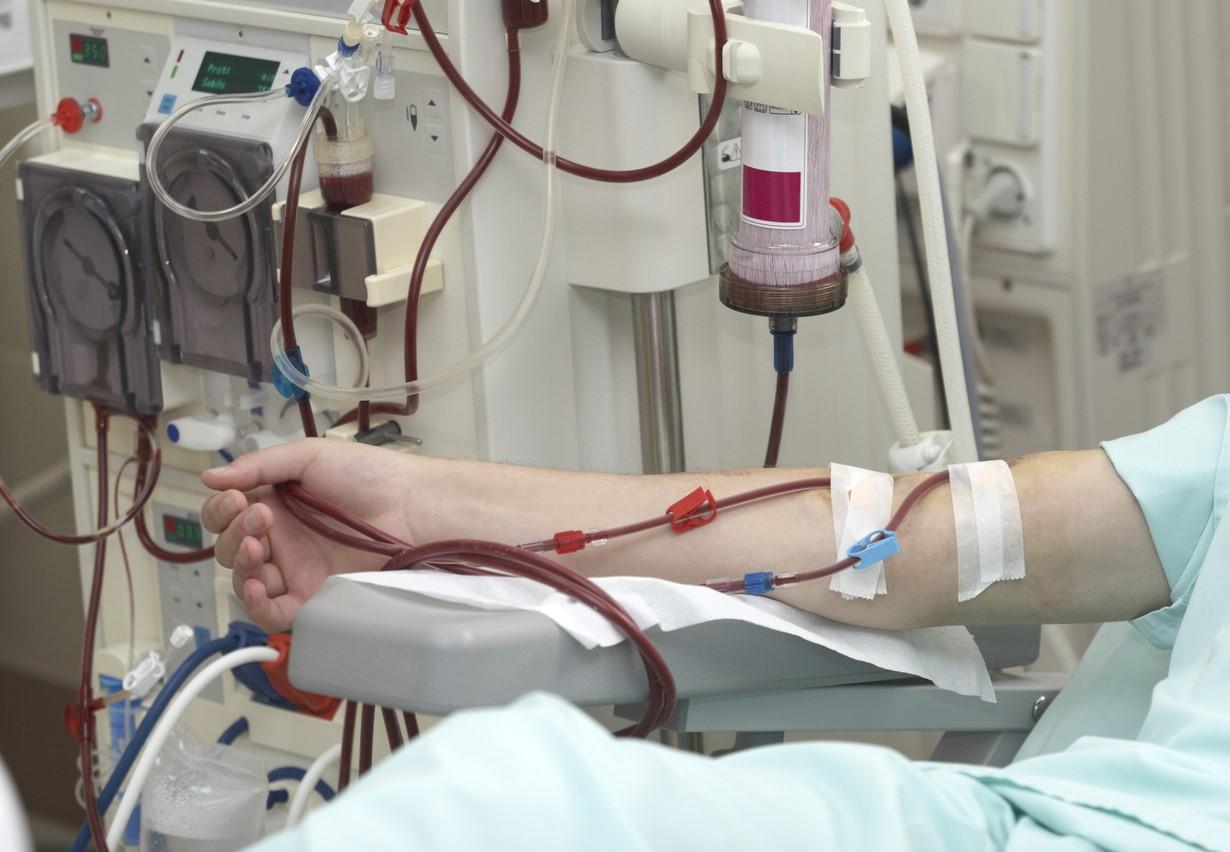A study published yesterday in Clinical Infectious Diseases reveals that use of the antiviral drug remdesivir was tied to lower all-cause death rates among hospitalized COVID-19 patients with weakened immune systems throughout the SARS-CoV-2 pre-Delta, Delta, and Omicron variant periods.
A team led by researchers at remdesivir developer Gilead Sciences analyzed data from the US PINC AI Healthcare Database on hospitalized adult COVID-19 patients with impaired immune systems from December 2020 to April 2022. A total of 14,169 remdesivir patients who started intravenous remdesivir within 2 days of hospitalization were matched with 5,341 non-remdesivir patients. Another 5,015 remdesivir patients were not matched.

Remdesivir an important option
In the matched group, 59% of patients were 65 years or older, 40% did not require supplemental oxygen, 39% required low-flow oxygen, 19% required high-flow oxygen, and 2% required invasive mechanical ventilation/extracorporeal membrane oxygenation at baseline. The median length of remdesivir therapy was 5 days, and 68.2% and 1.8% of patients completed the full 5-day and 10-day course, respectively.
Overall, 11.1% and 17.7% of remdesivir patients died within 14 and 28 days, respectively, compared with 15.4% and 22.4% of those who didn't receive the drug. Remdesivir was linked to lower death rates at 14 days (hazard ratio [HR], 0.70) and 28 days (HR, 0.75). The survival benefit remained significant throughout periods dominated by the pre-Delta, Delta, and Omicron variants.
Remdesivir is an important option for this group of patients, who lack the COVID-19 treatment options available to non-immunocompromised patients, the study authors said. "There is a high risk of drug-drug interactions between the oral antiviral ritonavir-boosted nirmatrelvir, used for early treatment of COVID-19, and cornerstone immunosuppressant medications for solid organ transplant recipients," they wrote.
"There are also concerns and hesitation regarding intensifying background immunosuppression with drugs, such as dexamethasone, since this may further prolong SARSCoV-2 replication, increase the risk of secondary infections with other pathogens, and worse[n] outcomes, including selection and transmission of new SARS-CoV-2 variants," they added.















